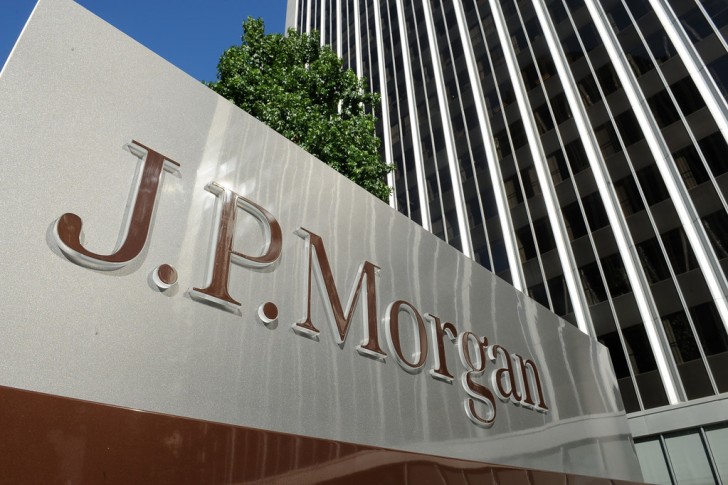Woes of 2008
Jamie Dimon, the head of the largest US bank, has saidthat the institute has entered a phase of great financial stress from that of a strength. He said that the current situation is very much like what was faced in the last global financial crisis of 2008. However, there is a key difference. A dozen years ago, there was a banking crisis as the housing industry collapsed. This time, the COVID 19 pandemic is playing out stresses on all industries and is dramatically different.
We don’t know exactly what the future will hold — but at a minimum, we assume that it will include a bad recession combined with some kind of financial stress similar to the global financial crisis of 2008,”…“Our bank cannot be immune to the effects of this kind of stress.
He also stressed that although the bank has made a record in terms of revenue or profit, the current year will see a significant downturn. If the US economy continues being affected, he said that a situation may arise where the bank might think on the lines of suspending dividends to shareholders in order to ensure enough capital and money remains for the sustainability of the bank.
In his letter, he also detailed on how the bank will be using every move possible to help support the economy and citizens of the United States. This includes deferring payments on mortgage, auto loans and credit card late fee for 3 months.
With a liquidity of nearly USD 500 billion and the ability to raise additional USD 300 billion from borrowing from the US Federal Reserve, the bank will be able to ride out the increasing tide of financial stresses.
Surviving Stresses
Dimon excused himself last month from performing duties as the head of JP Morgan when he went for a heart surgery. He fell victim to an aortic dissection, a tear on the inside of one of the branches of blood vessels to the heart, making the operation a necessity for survival. With a successful operation, he has been back on duty since last week.
Similar to his situation, Dimon is confident that the bank will come out of the financial turmoil and that financial institutions and Fed should learn from this,
After the crisis subsides (and it will), our country should thoroughly review all aspects of our preparedness and response,” and “We should use the opportunity to closely review the economic response and determine whether any additional regulatory changes are warranted to improve our financial and economic system. There will be a time and place for that — but not now.
Although the Federal Reserve was praised by him, Dimon also advised that the central bank should be more active in creating further opportunities for lending and easing different requirements for liquidity to ensure the United States financial ecosystem continues to work effectively.
 Saad Ullah
Saad Ullah

 Saad Ullah
Saad Ullah


